Overview
A loan can help you fund a variety of expenses, such as a home reno, wedding, and even that dream vacation. As you shop around for one, you’ll notice two options: secured loans and unsecured loans. To help you zero in on the right type of loan for your unique situation, let’s explore the difference between secured loans and unsecured loans as well as the benefits and drawbacks of each one.
Key Takeaways
Secured loans are backed by collateral, like your house, car, or savings account, while unsecured loans are not.
In general, secured loans are easier to get and offer lower interest rates than unsecured loans.
Your goals, risk tolerance, and financial situation will dictate whether you’d be better off with a secured or unsecured loan.
How Loans Work
Offered by banks, credit unions, and online lenders, secured and unsecured loans provide you with a lump sum of cash upfront. Then, you repay what you borrow plus any interest and fees according to a predetermined repayment schedule.
To get approved for a loan, you’ll likely need to share your personal financial documents, like your pay stubs and bank account statements. You may also need to agree to a hard credit check, which can temporarily lower your credit score by a few points.
If you choose a secured loan, the lender will ask you to put down collateral, or an asset you own, like your house, car, or savings account. Note that the lender may seize your collateral if you fail to make your loan payments.
Secured Loans vs. Unsecured Loans
Now, let’s take a closer look at the differences between secured loans and unsecured loans. The primary distinction is the collateral requirement. While secured loans are backed by collateral, unsecured loans are not.
Since the lender has the right to repossess your collateral and recoup their losses in the event you default, secured loans are generally easier to get than unsecured loans. In addition, they usually come with better interest rates.
Unsecured loans place much more emphasis on your credit. If you have good to excellent credit, you’ll be more likely to get approved with a lower rate. On the flipside, poor or fair credit can make it more challenging to lock in an unsecured loan. You might also have to settle for a higher rate and, in turn, spend more on interest over time.
Here’s a quick overview of how secured loans and unsecured loans compare:
| Secured loans | Unsecured loans | |
| Collateral requirements | Tied to collateral like your house, car, or savings account | Doesn’t involve collateral |
| Qualification criteria | Considers your collateral, which reduces lender risk and improves your chances of approval | Evaluates your income, debt, and credit; it can be difficult to get with poor or fair credit |
| Rates | Lower than rates for unsecured loans | Depend on your credit, but typically fall in the 6% to 36% range |
| Funding time | Can take longer than unsecured loans, but one-week funding times are typical | May receive your funds the same day, next day, or within a few days or a week |
| Examples | Mortgages, home equity loans, home equity lines of credit (HELOCs), auto loans, secured personal loans | Personal loans, credit cards, student loans, unsecured lines of credit, medical loans, peer-to-peer loans |
Benefits and Drawbacks of Secured and Unsecured Loans
Just like all financial products, secured and unsecured loans have advantages and disadvantages. Before you move forward with a loan, it’s important to understand what they are. This way, you can zero in on the ideal option for your personal needs and preferences.
Secured loans
Pros
Flexible credit criteria: Most secured loans have lower credit score requirements than unsecured loans. This is a huge plus if you don’t have the best credit.
Higher borrowing limits: Secured loans typically allow you to borrow more money. The value of your collateral will help determine your limits.
Lower rates: Since collateral is involved and lenders have a way to recoup their losses, interest rates on secured loans are usually competitive. Depending on your situation, you may be able to save thousands of dollars on interest.
Cons
Risk of collateral loss: Secured loans require you to put your house, car, savings account, or other asset on the line. If you default on your loan, you may lose your asset.
Use restrictions: Some secured loans impose limits on what you can do with the funds. A mortgage, for example, is only for buying a house.
Longer approvals and funding time: It usually takes some time to lock in a secured loan because you’ll have to include your collateral details and may need an appraisal. You may also have to wait longer for the funds.
Unsecured loans
Pros
No collateral needed: You can take out an unsecured loan without collateral. This can ensure you won’t risk your home, car, or other valuables.
More flexibility: Funds can be used for virtually any unexpected or planned expense. You won’t have to worry about many restrictions.
Faster application and funding time: Most lenders let you apply for an unsecured loan online within minutes. Upon approval, you’ll likely receive your funds quickly—usually that same day, the next day, or within a few days.
Cons
Stricter criteria: Unsecured loans can be difficult to qualify for—especially if you have poor credit or unstable income. This may limit the loan options at your disposal.
Higher rates: Lenders usually charge higher rates to offset the lack of collateral. A higher rate can significantly increase your overall cost of borrowing.
Lower borrowing limits: While borrowing limits vary by lender, they’re typically lower than secured loan limits. A personal loan, for example, is often capped at $50,000 or, in some cases, $100,000.
Should I Go with a Secured or an Unsecured Loan?
At the end of the day, whether you should choose a secured or unsecured loan depends on your goals, risk tolerance, and finances. If you have a lower credit score and/or need a large sum of money, a secured loan is likely your best bet, especially if you have collateral.
An unsecured loan might make more sense if you have strong credit, need money as soon as possible, and/or don’t want to risk losing an asset. Regardless of which route you take, be sure to shop around and compare your options so you can uncover the ideal loan for your unique situation.


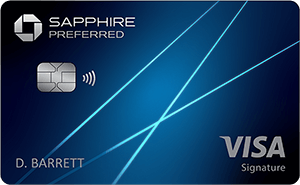
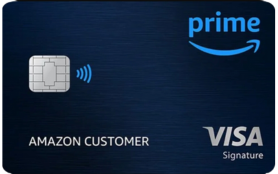
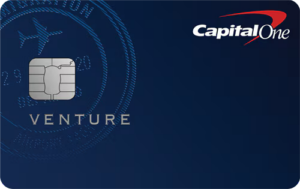
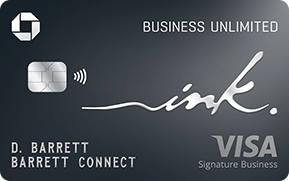

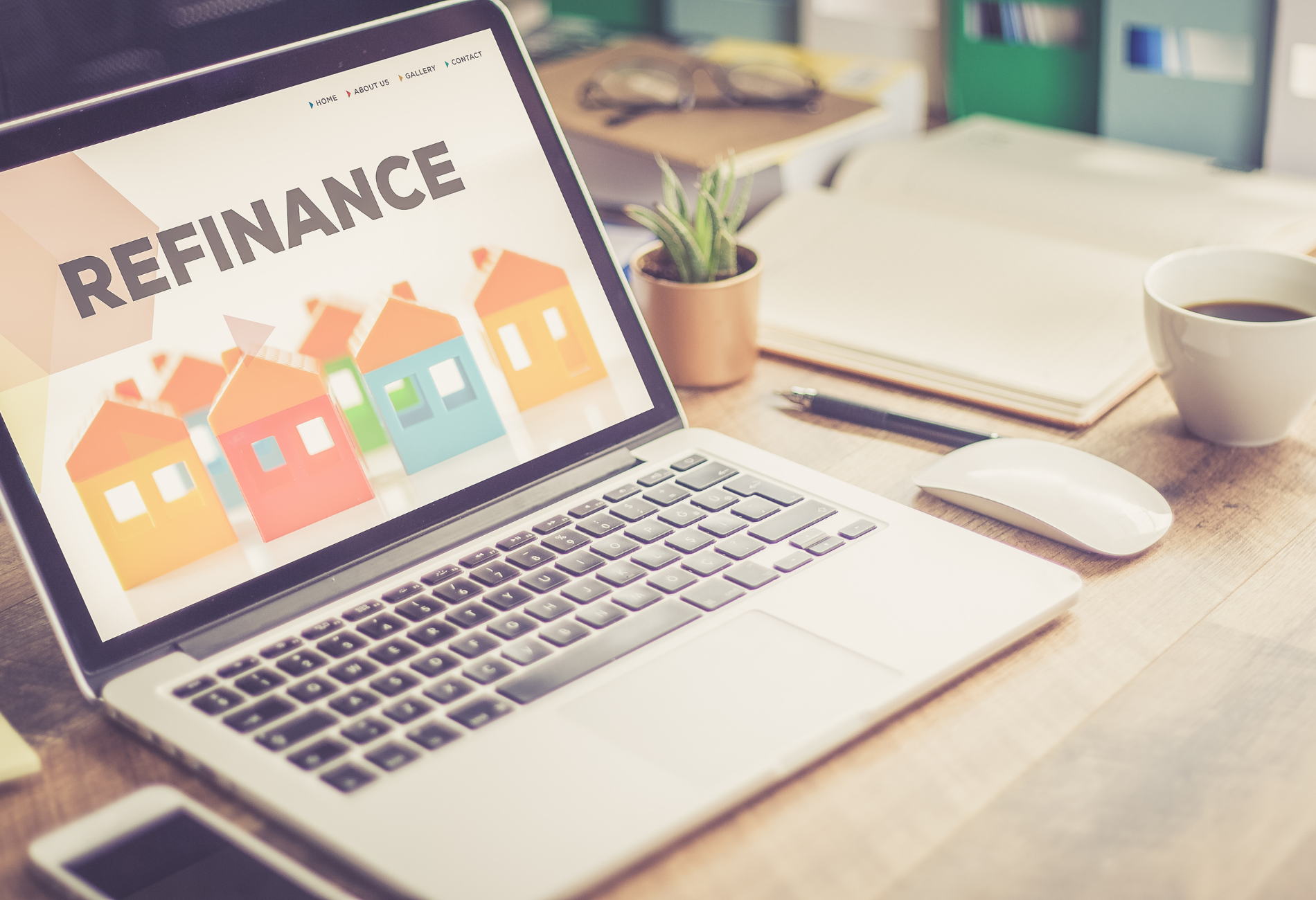

 by your friends at The Daily Navigator
by your friends at The Daily Navigator



